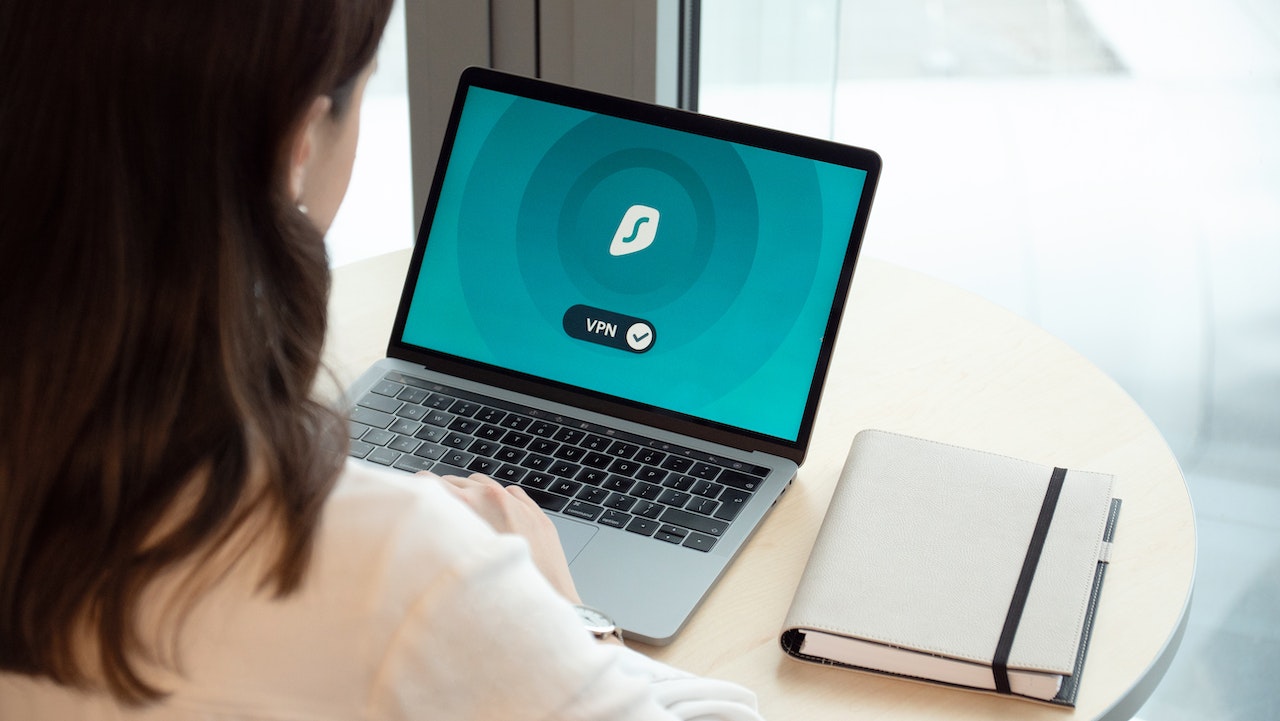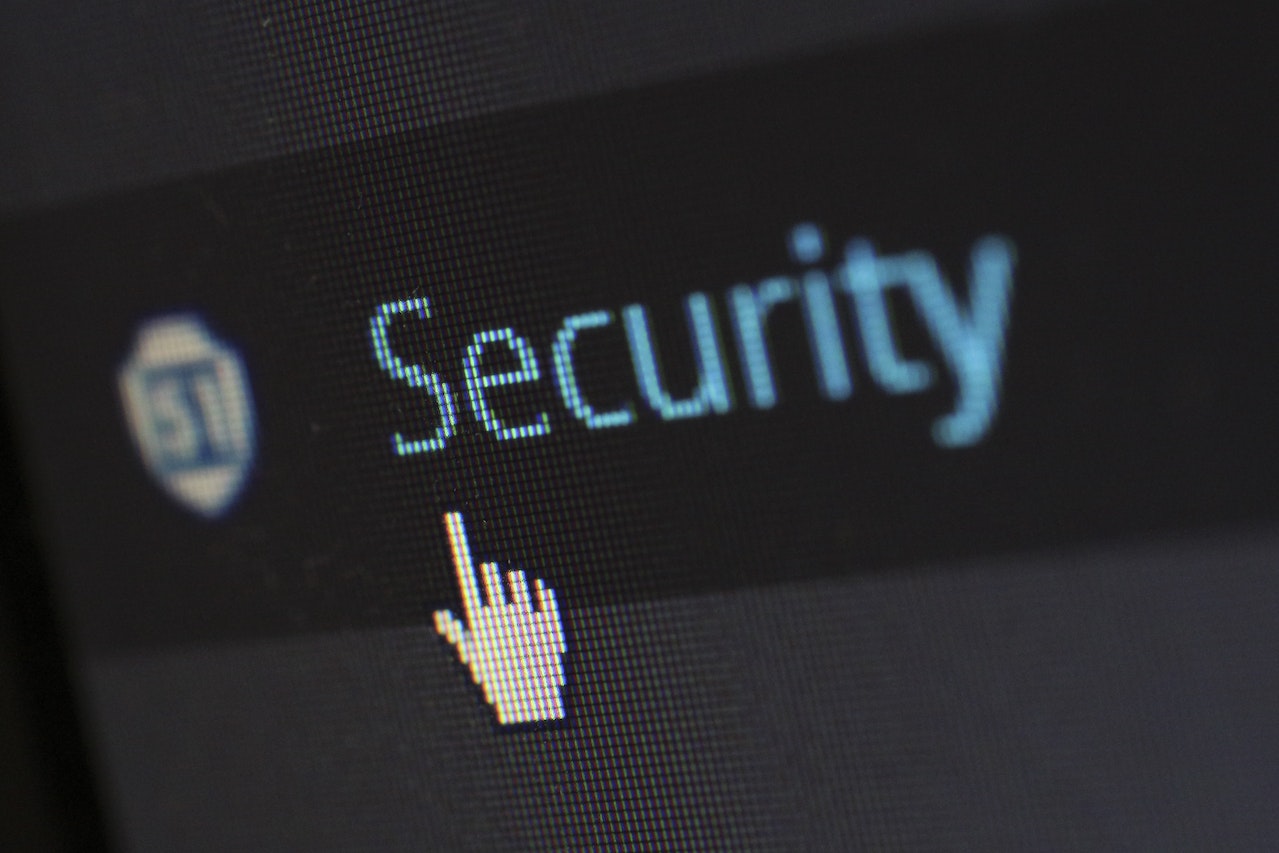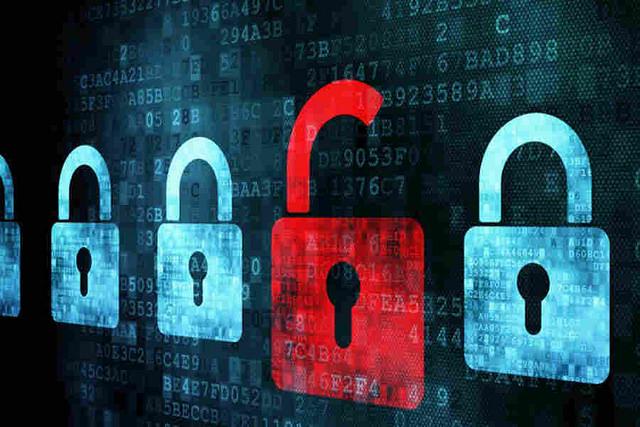In today’s digital age, data breaches are more common than ever, affecting millions of users globally. In fact, nearly 3 billion records were leaked in 2021 alone. This alarming trend highlights the critical need for strong passwords to protect your PC and personal information. Creating and managing effective passwords is crucial to maintaining your online security. This article will provide simple yet powerful tips to enhance your password practices and significantly improve your PC’s safety.
Choosing Strong Passwords
Password Length: The Longer, The Better
A longer password is often more secure. Brute-force attacks, where hackers try multiple combinations to guess passwords, can take a long time if your password is lengthy. For instance, a password with just 8 characters can be cracked in seconds, while a 12-character password could take centuries to break. Aiming for at least 12 characters will greatly increase your protection.
Character Variety: Mix It Up
Using a variety of characters makes your password harder to guess. A strong password should include:
- Uppercase and lowercase letters
- Numbers
- Special symbols (like !, @, #)
For example, “Password123” is weak, while “P@ssw0rd!A1” is much stronger. Diverse characters confuse attackers and make your password more resilient to dictionary attacks.
Avoiding Common Pitfalls: What Not To Do
Steer clear of common password mistakes:
- Using easy-to-guess information, like your name or birthday.
- Repeating the same password across multiple accounts. Many data breaches have occurred due to weak passwords. To avoid falling victim, don’t use obvious choices and create unique passwords for each account.
Password Management Strategies
Password Managers: Your Secret Weapon
Password managers can simplify your life. They store and encrypt your passwords, providing security and convenience. Popular options include LastPass, 1Password, and Bitwarden. Remember to create a strong master password for your password manager, as it will guard access to all other passwords.
Regularly Changing Passwords
Regularly updating your passwords is key. Aim to change them every 3-6 months. If you struggle to remember new passwords, consider using phrases or simple word associations for easier recall. Be mindful; constant password changes may not always be necessary and could lead to more confusion than security.
Two-Factor Authentication (2FA): An Extra Layer of Security
Two-factor authentication offers an additional security layer. When logging in, you enter your password and then verify your identity via a second method, like a text message or authenticator app. Enabling 2FA can drastically reduce the risk of unauthorized access, so it’s wise to implement it whenever you can.
Recognizing and Avoiding Phishing Scams
Identifying Phishing Attempts
Phishing attacks are crafty, utilizing fake emails and websites to steal your info. Common tactics include:
- Urgent messages asking for personal details
- Spoofed email addresses
- Incredibly attractive offers
Watch out for odd email subjects or strange URLs. Always confirm the sender’s identity before clicking any links.
Protecting Against Phishing Attacks
If you suspect a phishing attempt, take these steps:
- Don’t click on any links.
- Report suspicious emails or websites to your provider.
- Use email filters and reliable anti-malware software to block threats.
Staying vigilant can keep you safe from these scams.
What to Do If You Suspect a Breach
If you think your password has been compromised:
- Change your passwords immediately.
- Keep an eye on your accounts for unusual activity. Resources like IdentityTheft.gov can help you report breaches and take necessary actions.
Securing Your PC Beyond Passwords
Operating System Updates: Stay Current
Regular updates for your operating system are essential. They often contain security patches that fix vulnerabilities. Set your system to automatically update to ensure you don’t miss critical improvements.
Antivirus Software: Essential Protection
A reliable antivirus program is vital for your PC. It protects against various malware that can harm your system. Look for well-reviewed options like Norton, McAfee, or Avast for top-notch protection.
Firewall: A First Line of Defense
Firewalls play a crucial role in safeguarding your PC from unauthorized access. They filter incoming and outgoing traffic to block potential threats. Understanding the difference between hardware and software firewalls can help keep your system secure. Ensure your firewall is enabled and correctly configured to enhance security.
Conclusion
Strong passwords are the backbone of PC security. By implementing the tips shared, such as choosing robust passwords, using password managers, and enabling two-factor authentication, you can significantly bolster your protection against cyber threats. Remember that online safety is a continuous process. Take action today to secure your digital life and enjoy safer browsing habits.

AdHang.com is the No.1 agency for digital marketing in Nigeria and the first Internet public enlightenment agency in Africa. AdHang has everything needed to achieve your digital marketing objectives and goals. From strategic digital marketing, a tactical approach to employing advanced digital marketing tools and technologies, using seasoned marketers with decades of marketing communications experience.









Comments